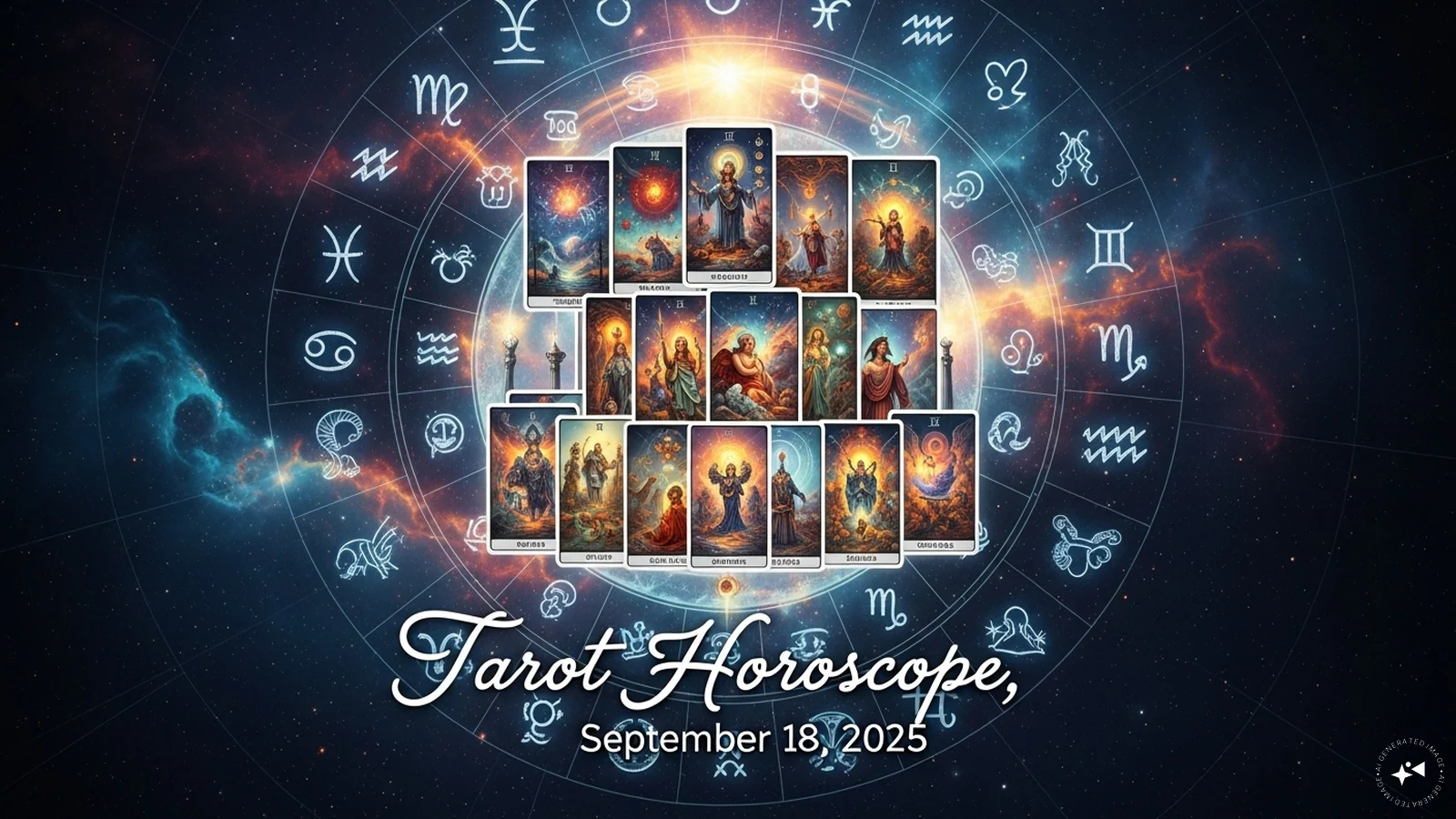By Chloe Couchman
Copyright hellomagazine

The sheer amount of choices we have to make both at work and at home every day can sometimes become draining, meaning even the decision of what to cook for dinner can feel like an impossible task. And if you’ve ever found yourself making impulsive choices or avoiding making a decision altogether, it may mean that you’ve reached the point of decision fatigue, where you’ve become stressed out about the number of choices you’ve had to make in a day. Learning how to recognise decision fatigue and how to manage decision-making in your everyday life can be useful to avoid reaching this state of mental overwhelm. From why decision fatigue happens to the real-life impact it can have, here’s what you need to know.
What is decision fatigue?
Decision fatigue is the decline in quality decision-making after a long stretch of consistently making decisions. It may happen when a person feels overwhelmed by the number of choices they have to make.
Why decision fatigue happens
“We can think of decision fatigue as analogous to muscle fatigue. When we engage in repeated decision-making, we deplete internal resources such as executive functioning and emotion regulation,” Psychiatrist Dr. Ryan Sultan, MD, explains. “We can think of our self-control and decision-making ability like a battery. Each time we make a decision, focus attention, or engage in emotional regulation, we lose a little more battery power. Eventually low battery causes the brain to make shortcuts, leading to impulsive decisions or avoidance of decision making.”
Signs you might be experiencing it
“One obvious sign is avoidance or passivity in the context of decision making. Someone might frequently put off decisions, procrastinate, or refuse to engage,” Dr Ryan says.
Real-life impacts of decision fatigue
Decision fatigue can have an effect on your relationships with others, your mental health and even your career if you experience it often. For example, if the feelings of overwhelm lead to you procrastinating over decisions at work or acting impulsively, it could lead to you making mistakes and have a negative impact on your career progression, so it is important to learn coping strategies that help.
“Decision fatigue significantly impacts individuals with Substance Use Disorder. A person with Substance Use Disorder might have a particularly difficult time with impulse control later in the day when their battery power was fuller. It also has the potential to cause certain mental health conditions like anxiety and depression,” Dr Ryan adds.
“A bipolar patient in a manic or hypomanic episode may be more likely to engage in impulsive behaviours when they are decision fatigued. Crisis hotlines report that decision fatigue (e.g., feeling unable to decide on life choices) can heighten acute suicidal thoughts.”
How to manage and reduce decision fatigue
“Automation tools help to offload decision making,” Dr Ryan explains. “I like to help my patients make decisions by providing them with choice, for example, instead of asking them broadly how they think or feel, I prompt them or provide them with options to help offload decision making.”
Long-term strategies for better mental clarity
If you’re prone to experiencing decision fatigue, there are some practical strategies you can adopt in your daily life to prevent it from happening again.
Simplify choices
When the number of decisions you have to make on a daily basis feels overwhelming, one way of minimising this is to simplify the choices you have to make. For example, rather than giving yourself five choices of what to eat for breakfast, try reducing this to two. This will make the decision more straightforward and quicker. Doing this throughout the day can reduce the likelihood of reaching the point of having decision fatigue.
Prioritise important decisions early in the day
Got a big decision to make? Prioritising this earlier on in the day will mean you are likely to make the best choice, as you haven’t already reached the point of overwhelm or fatigue.
Take breaks to recharge
Regularly giving yourself the opportunity to rest and recharge is important if you are often faced with making decisions in your life or career, and are prone to feeling the effects of decision fatigue.



